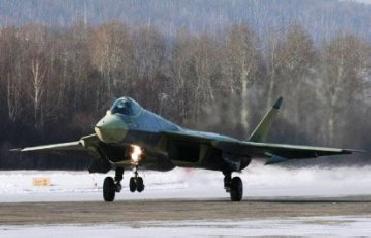
Sukhoi T-50 PAK FA during its maiden flight. Sukhoi Corporation press service Photo.
MOSCOW (PTI): Within a span of days, Russia's fifth generation fighter aircraft developed by Sukhoi Corporation under its highly secret PAK FA project Friday made its second successful flight in the country's far east.
The flight carried out from the KNAAPO plant in Komsomolsk-on-Amur lasted 57-minutes, ten minutes longer than its maiden flight on January 29 and the fighter was painted in the combat colours of the Russian air force, according to Interfax.
This time also it was piloted by test-pilot Sergei Bogdan, who expressed satisfaction at the performance of the aircraft to be inducted by the Russian Air Force in 2015.
Indian Air Force, which would acquire 50 single-seater fighters of the Russian version, would induct another 200 two-seater fighters beginning from 2016, according to reports.
Under the 2007 intergovernmental agreement Hindustan Aeronautics Ltd (HAL) has been identified as the nodal agency in the project and a commercial deal on setting a JV is expected to be finalised during Prime Minister Vladimir Putin's visit in mid-March.
Chief of the Russian General Staff, Army General Nikolai Makarov said the new fighter, in which India is a partner, would be superior to the US F-22 Raptor- the only flying fifth generation fighter.
"It would have an artificial intellect, almost at the level of human intellect," General Makarov was quoted as saying by agencies.
After few more test flights, T-50 would be moved to Flight Trail Institute at Zhukovski near Moscow for further trails and certification.
Weapons firing trails would be carried out at Akhtuba range in south Russian region of Astrakhan, before it is transferred the centre of the air force in Lipetsk in 2013 for evolving the combat manuals.
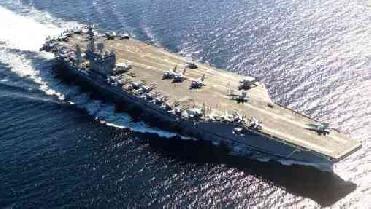 Previous Article
Previous Article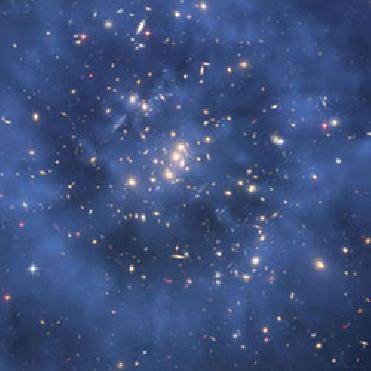 Next Article
Next Article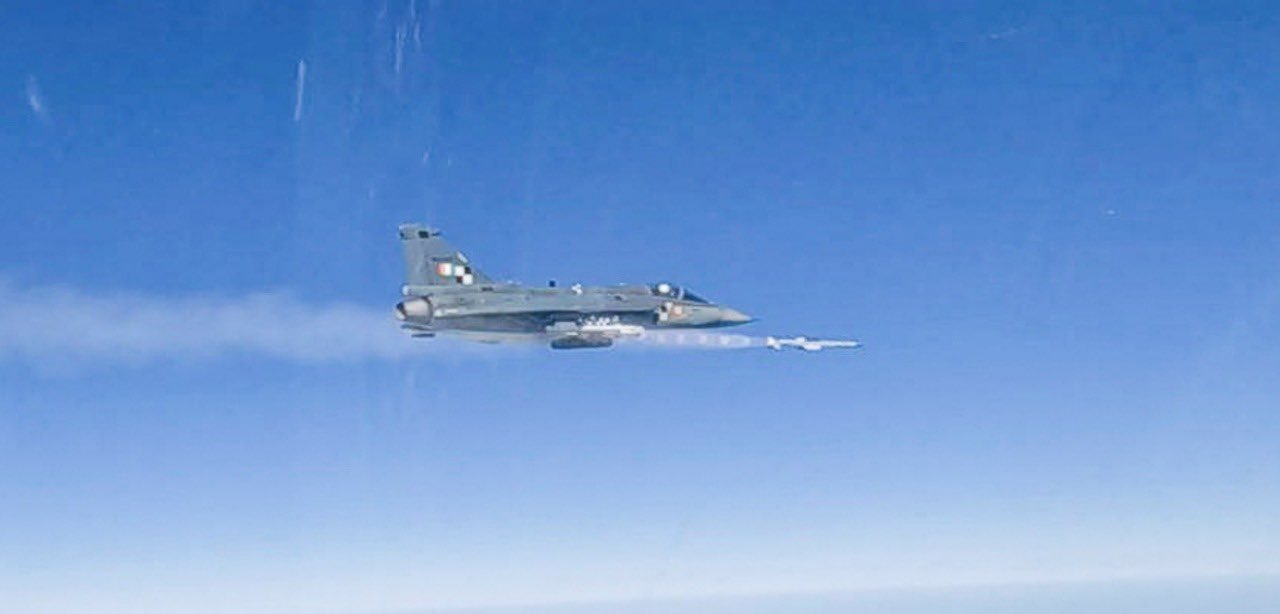
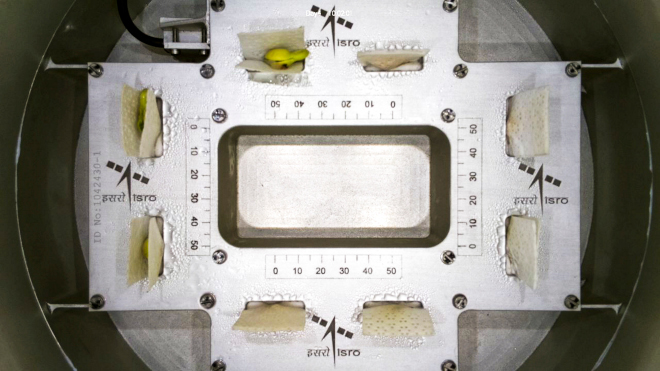











The Indian Air Force, in its flight trials evaluation report submitted before the Defence Ministry l..
view articleAn insight into the Medium Multi-Role Combat Aircraft competition...
view articleSky enthusiasts can now spot the International Space Station (ISS) commanded by Indian-American astr..
view article